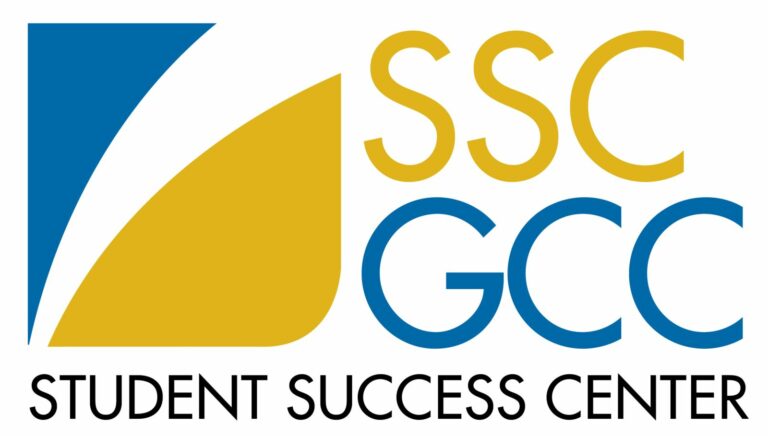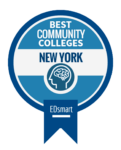Introduction to Developmental Disabilities
Overview of disabilities encountered when working with infants, children and adults with development disabilities through their lifespan. Focuses on individuals with intellectual, behavioral, sensory, physical or learning difficulties. Emphasizes physiological basis, resulting behavior, treatment typically applied, historical events and future trends. Includes a mandatory field observation. Equivalent to EDF 250.
Subject Code: HUS
Course Number: 250
Credits: 3
Lecture Hours 3
Course Learning Outcomes:
1. Identify and define, in writing, at least 5 roles of multidisciplinary team members who work in the field of exceptionalities (such as teachers, nurses, physical, occupational and speech therapists, health professionals, counselors).
2. Describe, in writing, at least 3 historical events that shaped the human services approach to working with exceptional individuals and the impact of those events on the DD field.
3. Discuss, in writing, the impact of history of the Deinstitutionalization movement and identify 2 factors for its prognosis for the future.
4. Define, in writing, at least 3 criteria (such as ability, age, disability) used in the planning and educational placement of the individual with developmental disabilities.
5. Identify and demonstrate, in writing, the application of at least 2 educational and/or social issues in the past or present relative to ethnic and cultural diversity as related to the field of exceptionalities.
6. Discuss, in writing, at least 5 educational laws and how they apply to the treatment of exceptional individuals.
7. Identify 9 important terms and labels in the field of exceptionalities.
8. Summarize, in writing, the educational and/or federal definition of each disability area.
9. Describe, in writing, the necessary components of at least 2 educational documents used at the various life span stages (such as IFSP, IEP, ITP) in order to develop and implement curriculum and educational contracts between parents and professional multidisciplinary team members.
10. List 3 early childhood special education options available to a developmentally disabled child under the age of five.
11. Identify 5 areas of development (domains) and typical related developmental sequences (milestones).
12. Describe, in writing, educational definitions used in individual exceptionality areas: mental retardation, learning disabilities, emotional and behavioral disorders, communication, vision and hearing impairments, physical and other health impairments, profound and severe disabilities (including autism), gifted and talented individuals.
13. Discuss, in writing, at least 3 elements indicating a personal appreciation of what it means to be an individual with a developmental disability.
14. Define, in writing, at least 2 treatment options/educational methods such as task analysis, augmentative communication and finger spelling/sign language per disability area.
15. Identify, in writing, at least 1 assessment used for diagnosing and prescribing treatments in each developmental disability category.
16. Identify 3 elements, in writing, of the transition of the developmentally disabled individual to adulthood (including: programming options, available resources, impact on social and personal life, work, family).
17. Complete hours of observation in an educational setting with corresponding assignments according to hours required in the student’s academic major.
Effective Term: Fall 2020

Tutoring Services
Tutoring for all GCC students is available free of charge by professional and peer tutors. We are offering tutoring online for: accounting, math, writing, chemistry, physics, general biology, anatomy & physiology, American Sign Language, and success skills.


